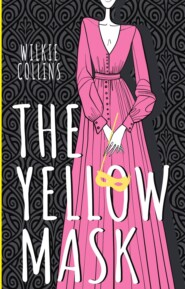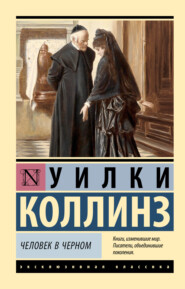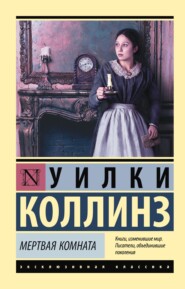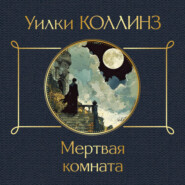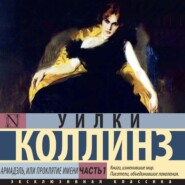По всем вопросам обращайтесь на: info@litportal.ru
(©) 2003-2024.
✖
The Moonstone
Настройки чтения
Размер шрифта
Высота строк
Поля
The washing-book was brought in by Rosanna Spearman. The girl had come down to breakfast that morning miserably pale and haggard, but sufficiently recovered from her illness of the previous day to do her usual work. Sergeant Cuff looked attentively at our second housemaid – at her face, when she came in; at her crooked shoulder, when she went out.
“Have you anything more to say to me?” asked my lady, still as eager as ever to be out of the Sergeant’s society.
The great Cuff opened the washing-book, understood it perfectly in half a minute, and shut it up again. “I venture to trouble your ladyship with one last question,” he said. “Has the young woman who brought us this book been in your employment as long as the other servants?”
“Why do you ask?” said my lady.
“The last time I saw her,” answered the Sergeant, “she was in prison for theft.”
After that, there was no help for it, but to tell him the truth. My mistress dwelt strongly on Rosanna’s good conduct in her service, and on the high opinion entertained of her by the matron at the Reformatory. “You don’t suspect her, I hope?” my lady added, in conclusion, very earnestly.
“I have already told your ladyship that I don’t suspect any person in the house of thieving – up to the present time.”
After that answer, my lady rose to go upstairs, and ask for Miss Rachel’s keys. The Sergeant was beforehand with me in opening the door for her. He made a very low bow. My lady shuddered as she passed him.
We waited, and waited, and no keys appeared. Sergeant Cuff made no remark to me. He turned his melancholy face to the window; he put his lanky hands into his pockets; and he whistled “The Last Rose of Summer” softly to himself.
At last, Samuel came in, not with the keys, but with a morsel of paper for me. I got at my spectacles, with some fumbling and difficulty, feeling the Sergeant’s dismal eyes fixed on me all the time. There were two or three lines on the paper, written in pencil by my lady. They informed me that Miss Rachel flatly refused to have her wardrobe examined. Asked for her reasons, she had burst out crying. Asked again, she had said: “I won’t, because I won’t. I must yield to force if you use it, but I will yield to nothing else.” I understood my lady’s disinclination to face Sergeant Cuff with such an answer from her daughter as that. If I had not been too old for the amiable weaknesses of youth, I believe I should have blushed at the notion of facing him myself.
“Any news of Miss Verinder’s keys?” asked the Sergeant.
“My young lady refuses to have her wardrobe examined.”
“Ah!” said the Sergeant.
His voice was not quite in such a perfect state of discipline as his face. When he said “Ah!” he said it in the tone of a man who had heard something which he expected to hear. He half angered and half frightened me – why, I couldn’t tell, but he did it.
“Must the search be given up?” I asked.
“Yes,” said the Sergeant, “the search must be given up, because your young lady refuses to submit to it like the rest. We must examine all the wardrobes in the house or none. Send Mr. Ablewhite’s portmanteau to London by the next train, and return the washing-book, with my compliments and thanks, to the young woman who brought it in.”
He laid the washing-book on the table, and taking out his penknife, began to trim his nails.
“You don’t seem to be much disappointed,” I said.
“No,” said Sergeant Cuff; “I am not much disappointed.”
I tried to make him explain himself.
“Why should Miss Rachel put an obstacle in your way?” I inquired. “Isn’t it her interest to help you?”
“Wait a little, Mr. Betteredge – wait a little.”
Cleverer heads than mine might have seen his drift. Or a person less fond of Miss Rachel than I was, might have seen his drift. My lady’s horror of him might (as I have since thought) have meant that she saw his drift (as the scripture says) “in a glass darkly.” I didn’t see it yet – that’s all I know.
“What’s to be done next?” I asked.
Sergeant Cuff finished the nail on which he was then at work, looked at it for a moment with a melancholy interest, and put up his penknife.
“Come out into the garden,” he said, “and let’s have a look at the roses.”
Вы ознакомились с фрагментом книги.
Приобретайте полный текст книги у нашего партнера:
Приобретайте полный текст книги у нашего партнера:







